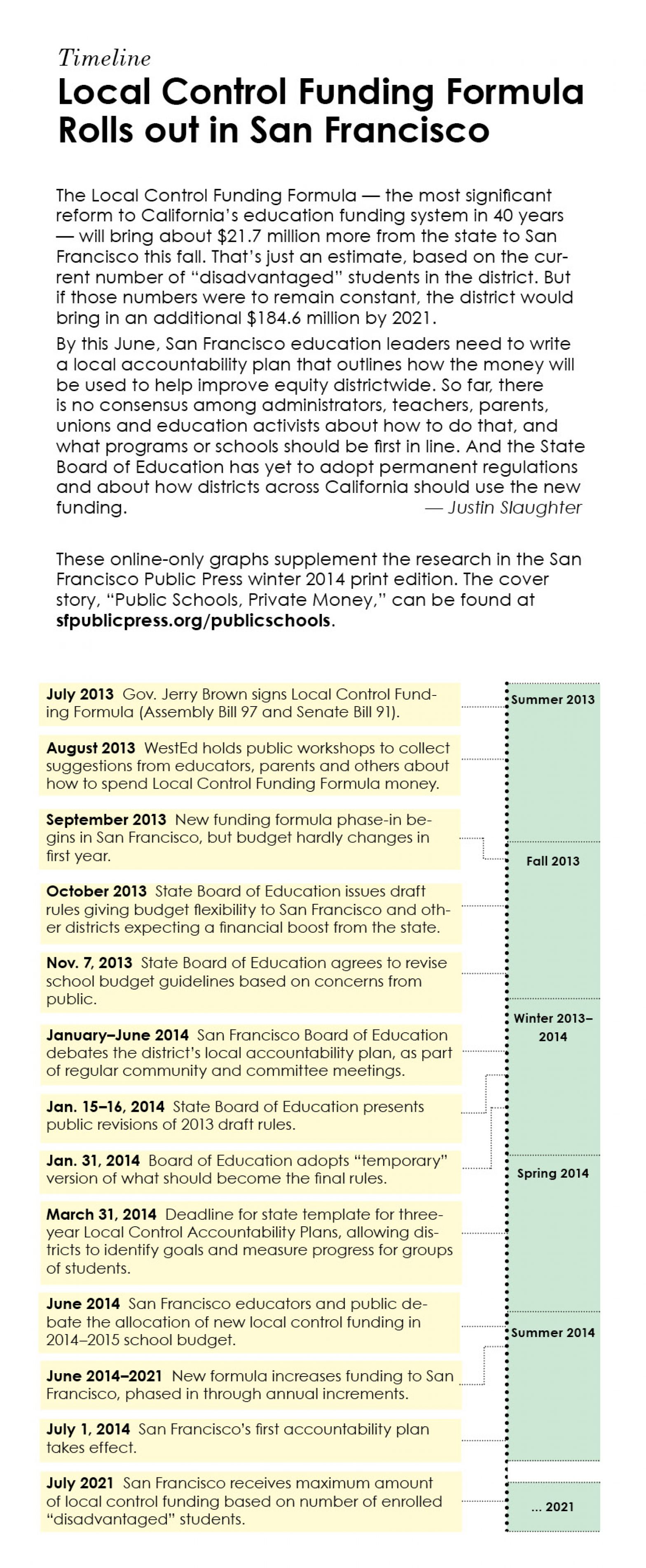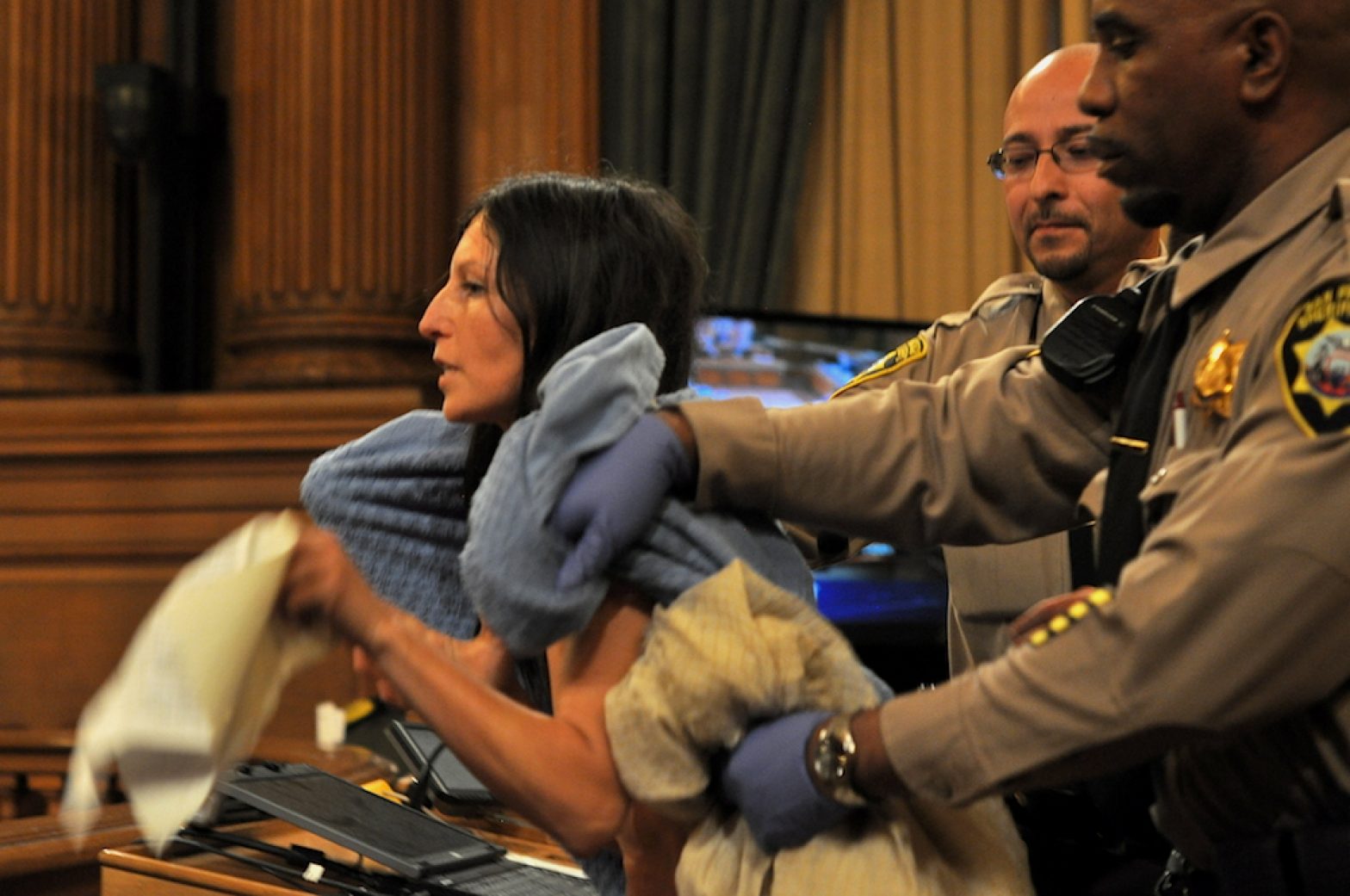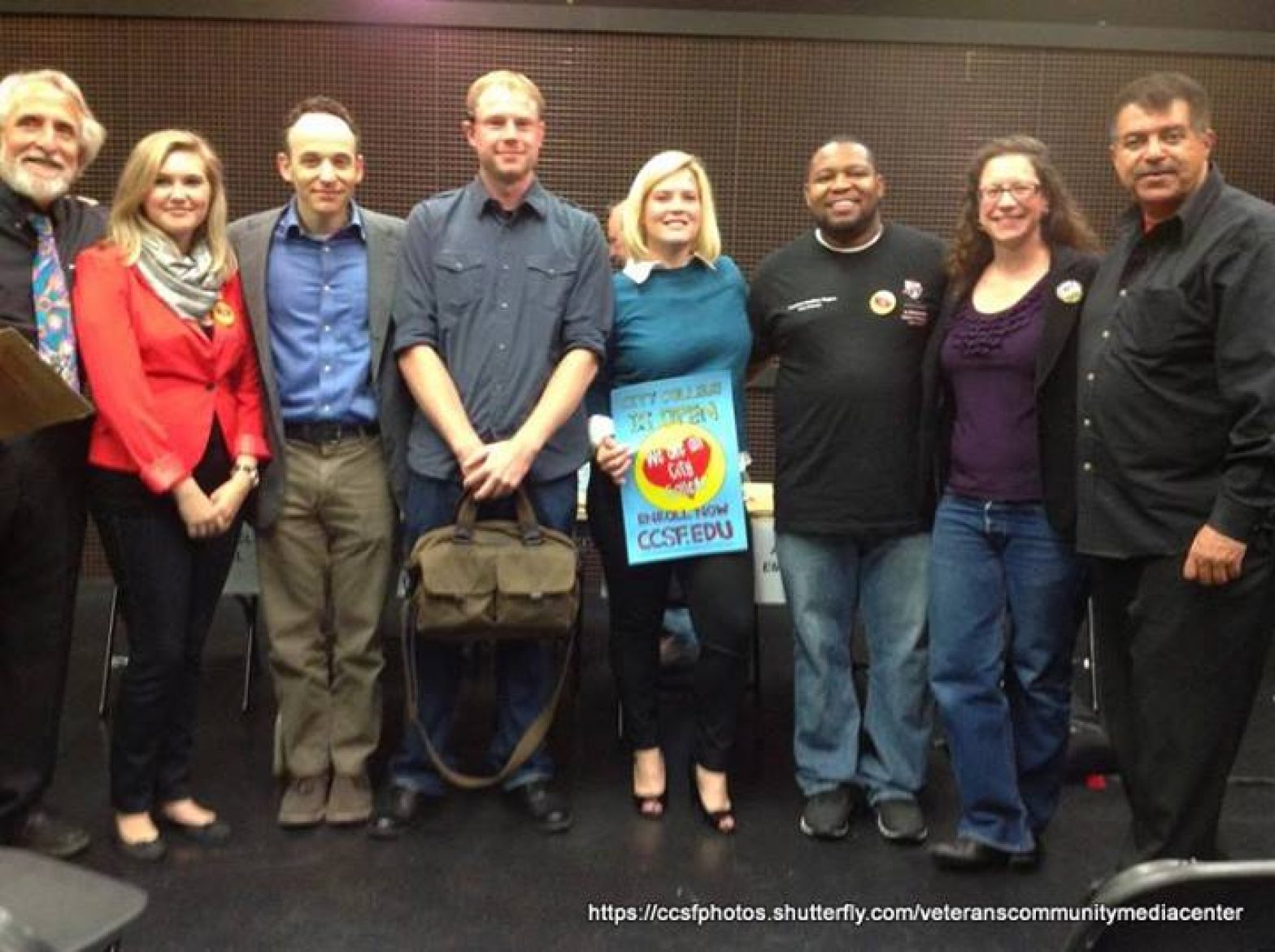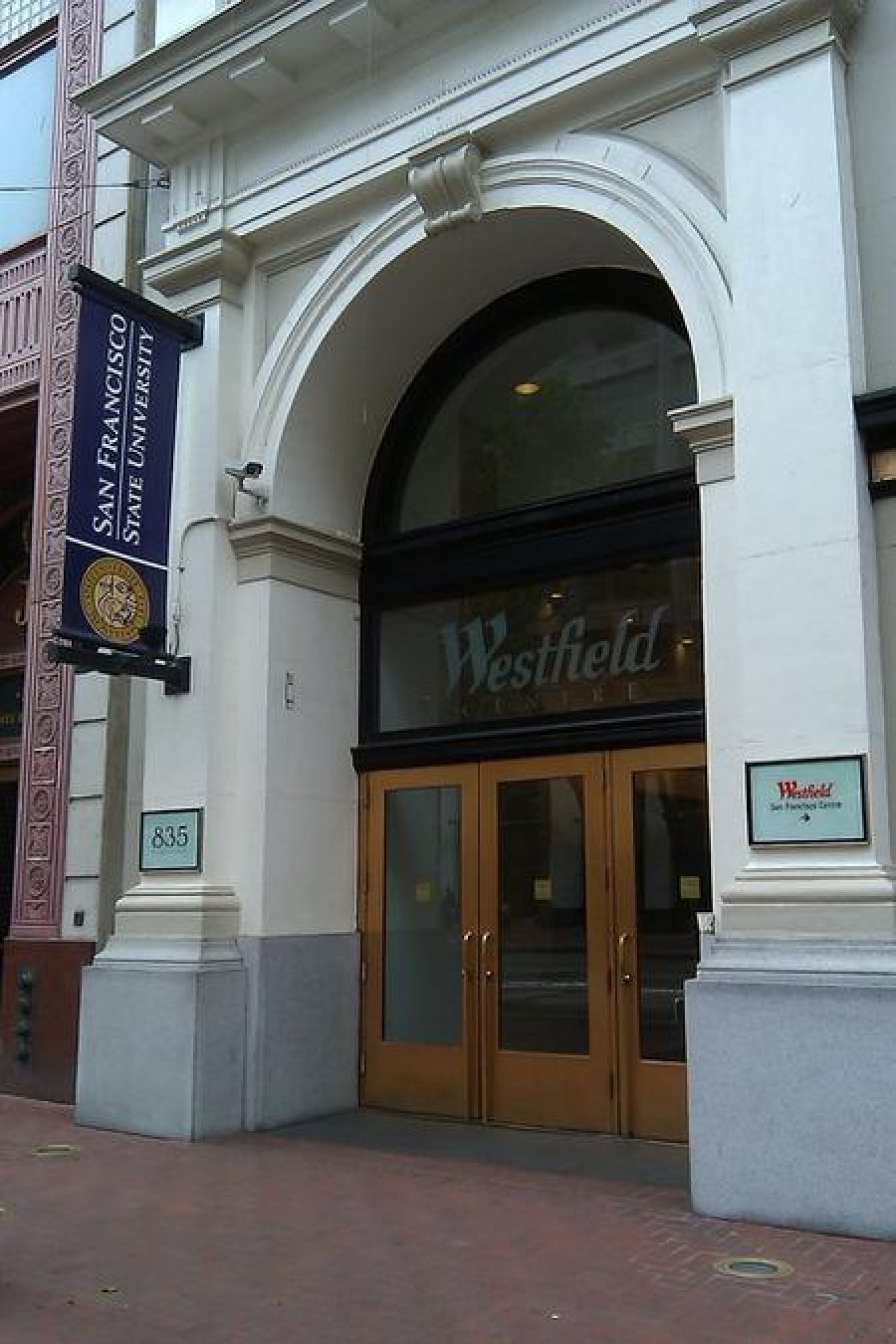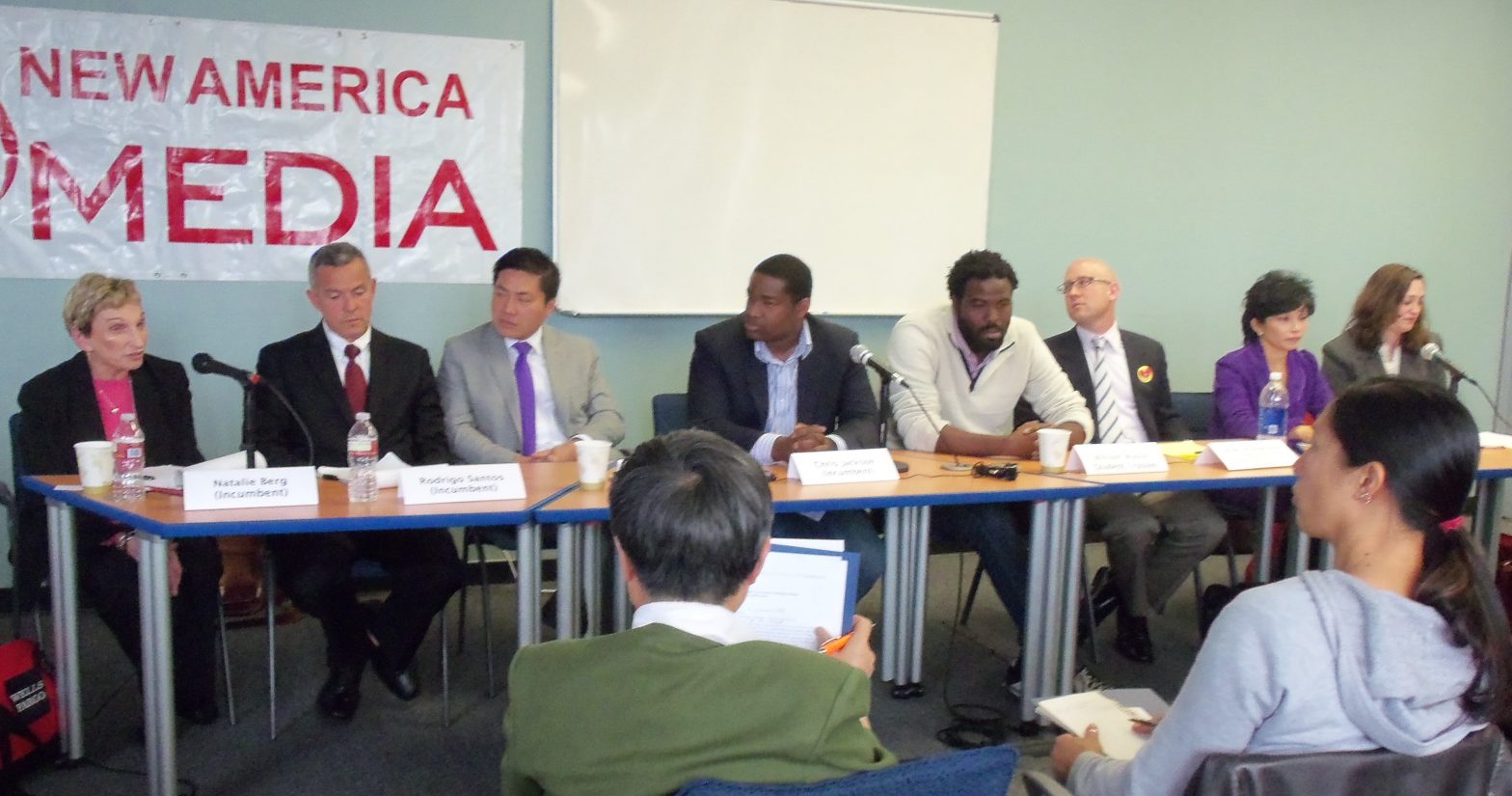Education
How Budget Cuts and PTA Fundraising Undermined Equity in San Francisco Public Schools
PUBLIC SCHOOLS, PRIVATE MONEY: Parent fundraising for elementary education in S.F. skyrocketed 800 percent in 10 years. The largesse saved some classroom programs, but widened the gap between rich and poor.
In an era of shrinking public investment in schools, parents have struggled to hold the line one school at a time. Since the pre-recession year 2007, elementary school PTAs in San Francisco collectively managed to more than quadruple their spending on schools.
With this money, some schools have been able to pay teachers and staff, buy computers and school supplies, and underwrite class outings and enrichment activities. These expenses, previously covered by the taxpayers, are increasingly the responsibility of parents.
But school district finance data, PTA tax records and demographic profiles reveal an unintended byproduct of parents’ heroic efforts: The growing reliance on private dollars has widened inequities between the impoverished majority and the small number of schools where affluent parents cluster.
Part of a special report on education inequality in San Francisco. A version of this story ran in the winter 2014 print edition.

